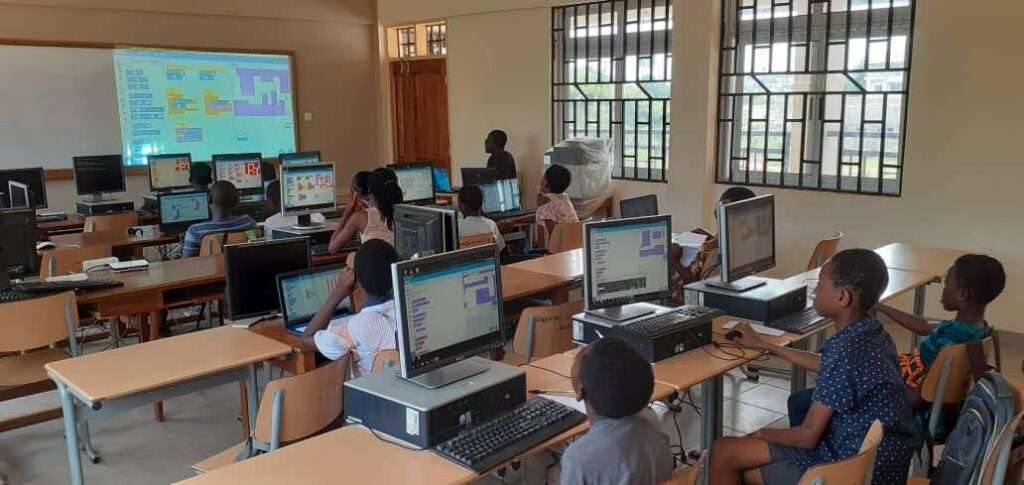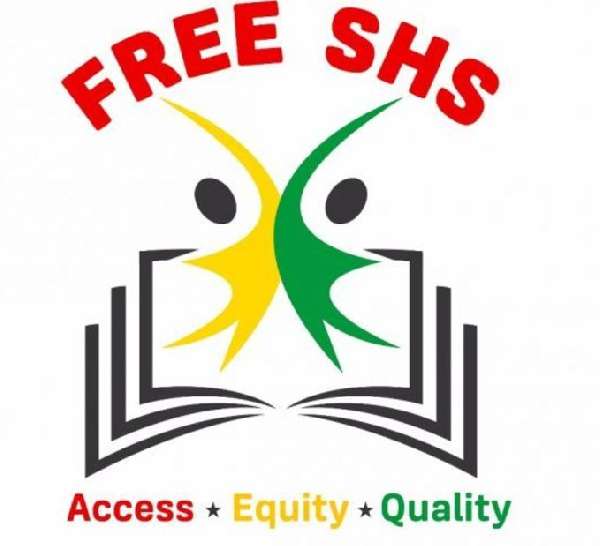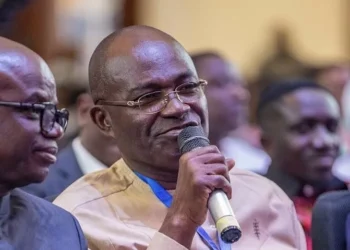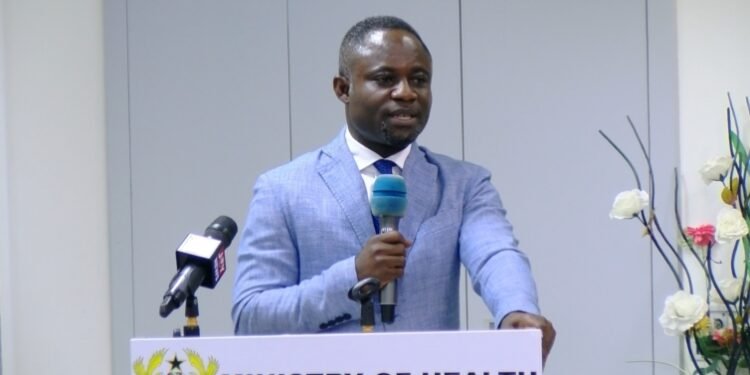The ongoing National Education Forum has sparked renewed discussions on critical issues affecting Ghana’s education sector, particularly in the areas of Technical and Vocational Education and Training (TVET) and the Free Senior High School (Free SHS) policy.
Stakeholders, including educators and policymakers, have raised concerns about the slow integration of TVET into mainstream secondary education and the sustainability of the Free SHS initiative.
Kofi Asare, Executive Director of Eduwatch Africa, has emphasized that the zonal meetings for the Oti and Volta regions highlighted several key proposals, especially concerning basic education and TVET.
He noted that while the challenges facing these regions are not unique, innovative solutions are necessary to distinguish this forum from previous ones.
“There were concerns about how the government should approach the issue of increasing the secondary TVET ratio. If you recollect, prior to Free Senior High School, we had about 7% of our secondary school students doing TVET.
“As a result of the introduction of free SHS and free TVET, this has increased to about 11%. But you realize that the pace is very slow, given that over 130 TVET schools were added to the stock of already existing institutions under the Ministry of Education.”
Kofi Asare

A major concern is the perception that TVET schools are of lower status compared to traditional senior high schools, which discourages enrollment.
Drawing from best practices in countries like the United Kingdom, Asare proposed integrating TVET programs into high-category schools.
He explained that students would be more inclined to pursue TVET if they had the option to enroll in prestigious institutions while receiving technical training.
Improving Curriculum and Digital Literacy
Another key issue discussed at the forum was the need to revise Ghana’s standard-based curriculum at the basic education level.
Accordingly, Asare acknowledged that while the curriculum effectively promotes cognitive development and critical thinking, it falls short in addressing socio-emotional learning and value-based education.

“With the curriculum set for review this year, stakeholders have proposed making it more responsive to include these crucial aspects,” he stated.
He further noted that this year marks five years since the curriculum was introduced in 2019, making it due for its first revision under the National Curriculum Assessment Framework.
Digital literacy was also highlighted as a major gap in the current education system.
Asare revealed that despite computing being designated as a core competency in the new curriculum, its implementation has been hindered by inadequate ICT facilities in public basic schools.
He estimated that approximately 85% of basic schools lack the necessary infrastructure to offer computing as a compulsory subject, limiting students’ access to digital education.
To address this, stakeholders recommended cost-effective solutions such as mobile ICT units, renewable energy-powered devices, and shared laptop programs where a set of computers could be rotated among classrooms.
Asare stressed that bridging the digital divide is essential for equipping Ghana’s youth with the technological skills needed for the modern economy.
Calls for Reforming Free SHS
The forum also reignited discussions about the Free SHS policy, with stakeholders advocating for a more targeted approach to funding.
Professor Kwame Acheampong, a keynote speaker at the event, argued that Ghana’s model of making public boarding education entirely free is unsustainable.

As such, Kofi Asare pointed out that Ghana remains the only country globally where boarding education at the secondary level is fully subsidized by the government. “Our secondary education system is effectively subsidizing education for the rich, rather than prioritizing support for the poor.”
He suggested that the government consider means-testing students, ensuring that only those from low-income backgrounds benefit from full scholarships while wealthier families contribute to the cost of their children’s education.
Concerns were also raised about the quality of feeding under the Free SHS program.
Reports indicate that the current budget constraints make it difficult to provide nutritious and sufficient meals for students.
Many participants at the forum supported the idea of allowing those who can afford to pay for their meals to do so, thereby reducing the financial burden on the government.
Admission Cut-Offs and Academic Performance
Another recommendation discussed was the introduction of admission cut-off points for senior high schools.
According to teachers, students are less motivated to excel in their Basic Education Certificate Examination (BECE) because they know they will be placed in a senior high school regardless of their performance.

Asare indicated that stakeholders suggested that setting a minimum academic requirement for admission into Free SHS could encourage students to take their studies more seriously at the basic education level.
“…some schools, especially at the community level, are pushing for the introduction of admission cut-offs so that the students will be more competitive when they are in junior high school, etc.
Kofi Asare
This measure, they argued, would enhance academic standards and ensure that students who advance to senior high school are adequately prepared for the curriculum.
Additionally, concerns were raised about the integration of STEM and TVET programs.
Asare warned that if all science-related TVET programs were merged into STEM schools, traditional vocational education could be sidelined.
Instead, they proposed an inclusive approach where TVET departments are established within existing high-category schools, allowing students to pursue both academic and technical education within a well-structured framework.
Rebranding TVET for Greater Appeal
To make TVET more attractive, Kofi Asare emphasized the importance of rebranding technical and vocational programs.
Over the years, Ghana has renamed several vocational fields to give them a more modern appeal.

He noted that, for instance, carpentry has been rebranded as woodwork, tailoring as fashion design, and hairdressing as beauty and cosmetics.
However, Asare argued that beyond changing names, the government must focus on integrating TVET into mainstream secondary education.
He proposed that top-tier schools should establish TVET departments so that students interested in technical fields do not have to choose between prestige and vocational training.
The forum concluded with a strong call for policymakers to take immediate action to implement these recommendations.
With education being a cornerstone of national development, stakeholders urged the government to adopt innovative strategies that ensure inclusivity, quality, and sustainability in Ghana’s secondary education system.






















